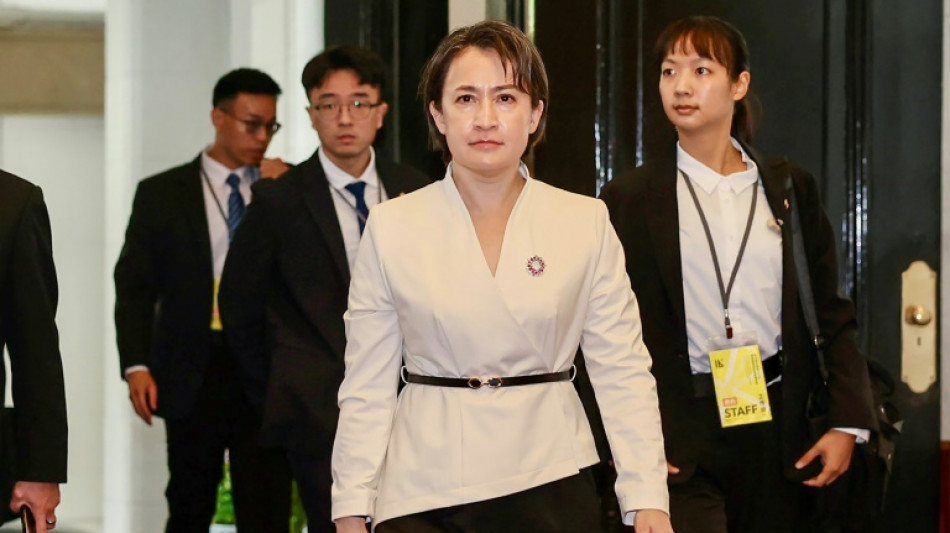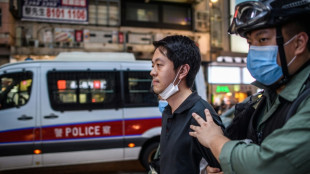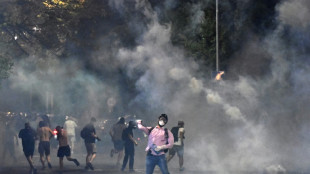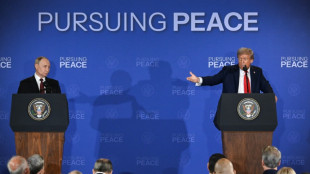
Taiwan VP says not intimidated after alleged China plot

Taiwan's vice president said she would not be intimidated by Beijing after the government accused Chinese embassy staff of planning to ram her car during an official visit to Europe.
Taiwan's top China policy body, the Mainland Affairs Council (MAC), on Friday said Hsiao Bi-khim's motorcade was followed, surveilled and nearly hit by a car during a visit to the Czech Republic in March 2024.
Citing a Czech intelligence agency report, the council said staff from the Chinese Embassy in Prague were behind the incident.
"I had a great visit to Prague & thank the Czech authorities for their hospitality & ensuring my safety," Hsiao, who was vice president-elect at the time of the trip, posted on social media on Saturday.
"The CCP's unlawful activities will NOT intimidate me from voicing Taiwan's interests in the international community."
"Taiwan will not be isolated by intimidation," she added.
Like most countries, Prague does not have official diplomatic relations with Taipei.
China claims Taiwan as its territory and in recent years, has ramped up the deployment of fighter jets and warships around the self-ruled island. It has also sought to erase Taiwan from the international stage by poaching its diplomatic allies and blocking it from global forums.
Taipei said on Friday that "the Chinese Embassy in the Czech Republic followed, conducted surveillance on, and even attempted to ram the motorcade, seriously threatening the personal safety of Vice President Hsiao and her entourage".
It added the incident exposed CCP's "violent nature" and lack of "sincerity" in communication.
A Taiwan security official, speaking to AFP on condition of anonymity, said it was a "typical case" of China's "transnational repression" against dissidents or those who criticise China.
"China uses legal grey areas to harass, threaten or oppress their targets," the official said.
The Inter-Parliamentary Alliance on China (IPAC), an international group that has challenged Beijing's human rights record, said in a statement signed by 51 lawmakers from nearly 30 countries that it supported Hsiao and "Taiwanese citizens who may be subject to coercion by the Chinese state while travelling abroad".
China's foreign ministry spokesman Guo Jiakun said Friday that Prague had violated the "One-China principle" and its political commitments to China by allowing Hsaio, who it called a diehard "Taiwan independence" activist, to visit.
"Chinese diplomats always abide by the laws and regulations of host countries," he said. He urged other countries not to be exploited by "Taiwan independence" separatists to "stir up troubles" and undermine the relations with China.
J.Campbell--SMC


 London
London

 Manchester
Manchester
 Glasgow
Glasgow
 Dublin
Dublin
 Belfast
Belfast
 Washington
Washington
 Denver
Denver
 Atlanta
Atlanta
 Dallas
Dallas
 Houston Texas
Houston Texas
 New Orleans
New Orleans
 El Paso
El Paso
 Phoenix
Phoenix
 Los Angeles
Los Angeles


